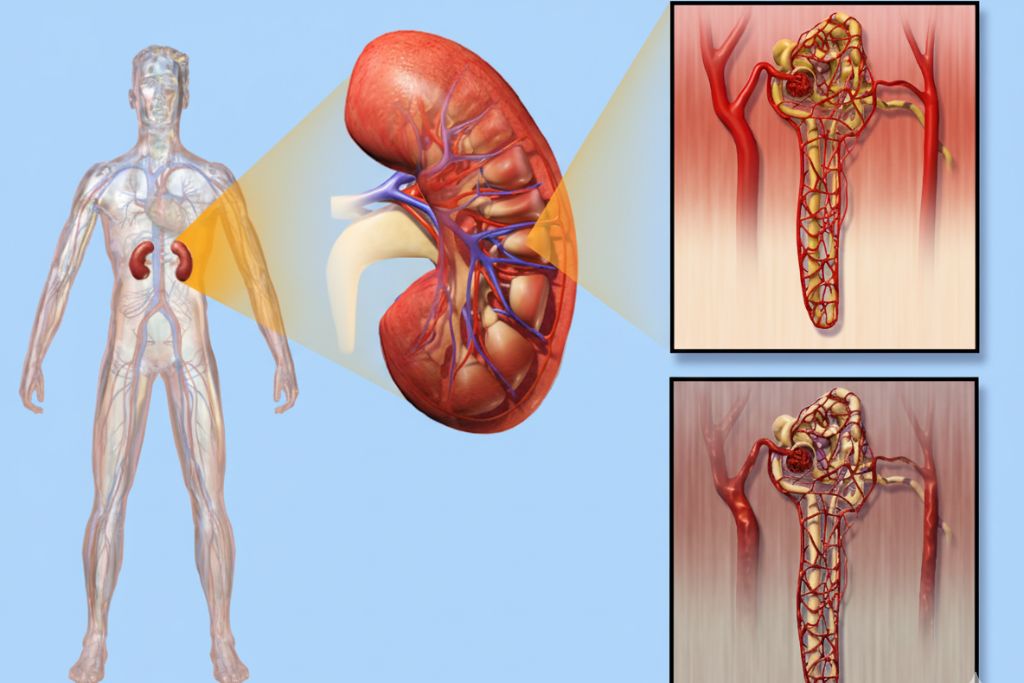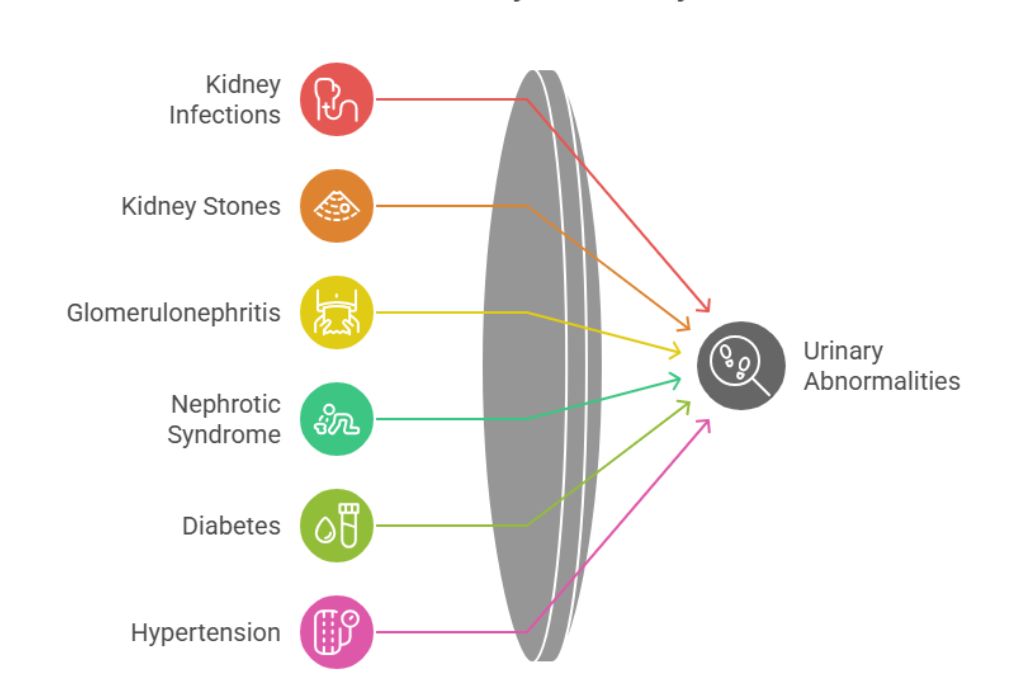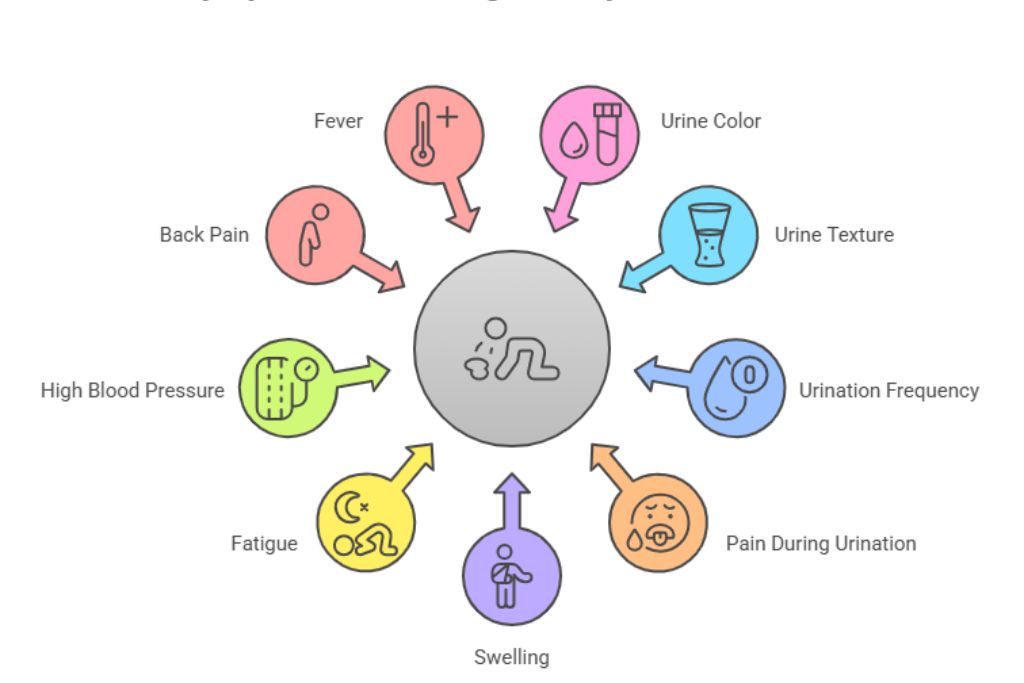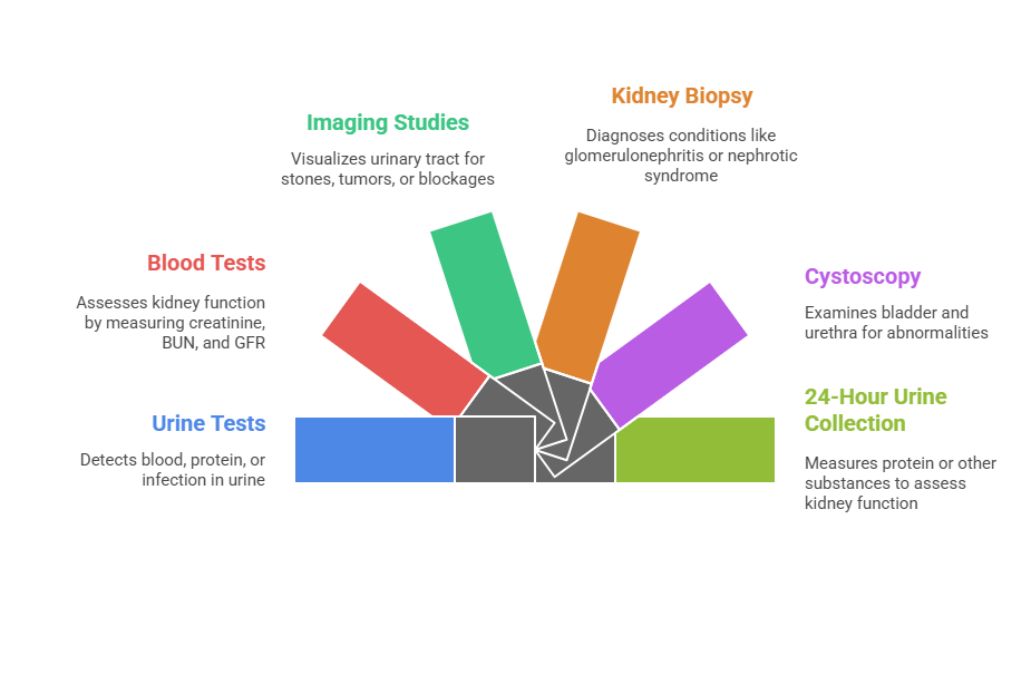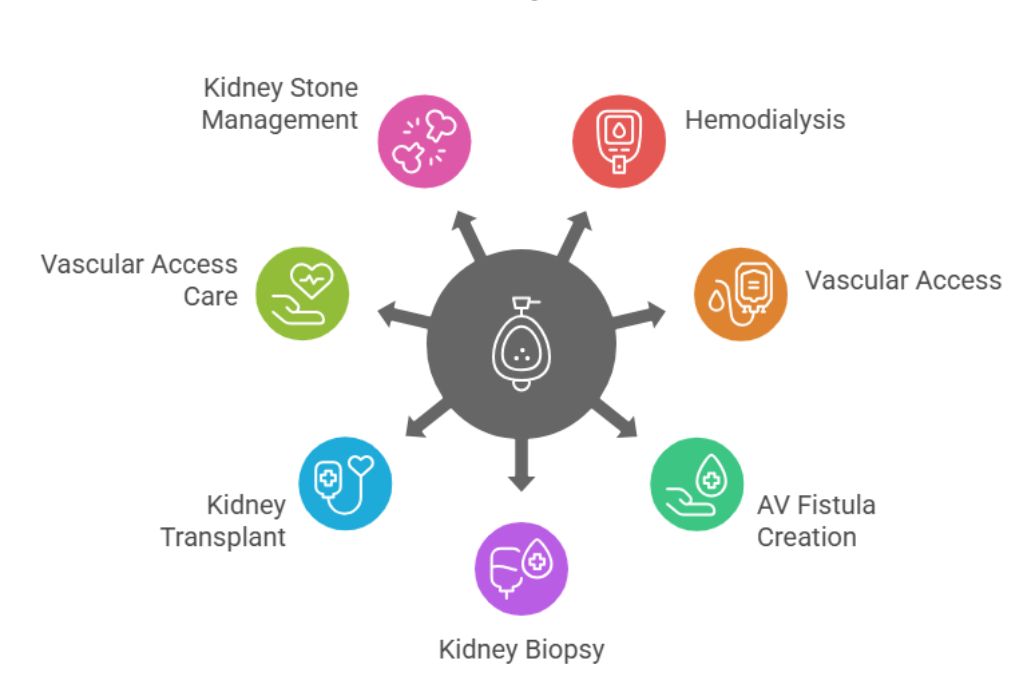What are Urinary Abnormalities?
Urinary abnormalities are conditions that affect the normal function of the urinary system, often
signaling underlying kidney or bladder issues. These conditions can significantly impact health and
quality of life if not addressed promptly. As a leading provider of urinary abnormality treatment in
Gorakhpur, Dr. Arpit Srivastava offers expert nephrology care to diagnose, treat, and manage these
conditions effectively.
He provides complete support for patients, including understanding their types, causes, impact on
kidney health, symptoms, diagnosis, treatment options, advanced services, and preventive measures. With
a focus on compassionate and specialized care, patients across Purvanchal trust Dr. Srivastava for
effective management of urinary abnormalities.
+91-7054357996

